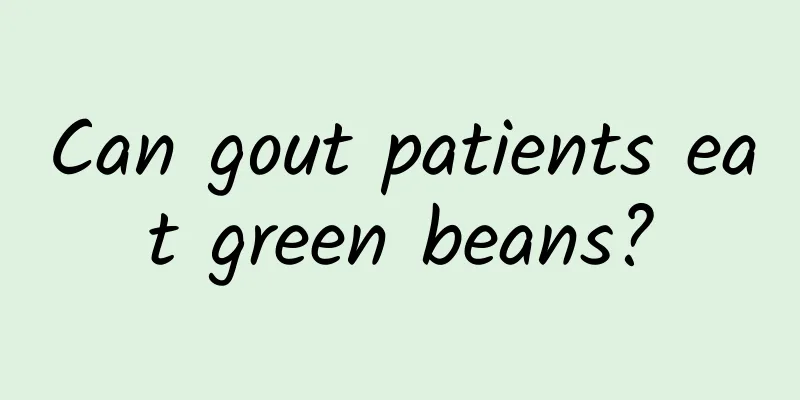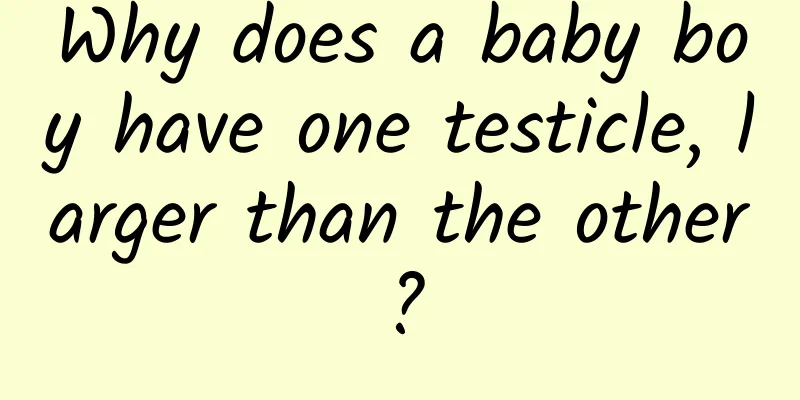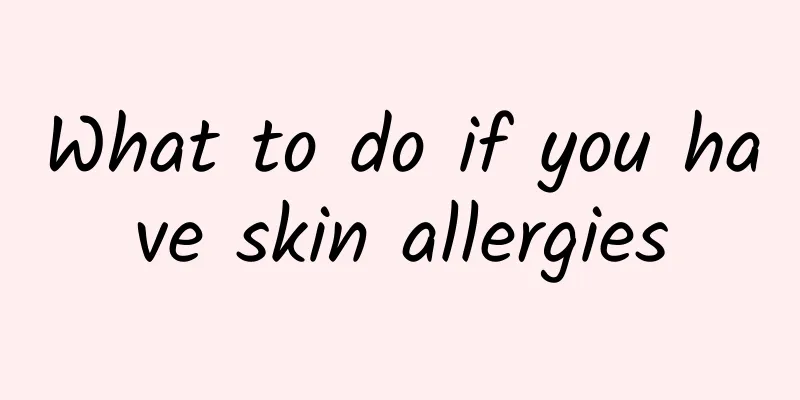Dizziness after tooth extraction

|
If you feel dizzy during a tooth extraction, you should be careful because tooth extraction generally does not cause dizziness. The possible cause of dizziness is excessive bleeding during tooth extraction. In addition, excessive tension during tooth extraction, or increased blood pressure at this time may also cause dizziness. You must be aware of some precautions when having a tooth extraction. For example, you cannot have a tooth extracted if you have toothache, and you should be cautious when having a tooth extracted if you have some chronic diseases. Precautions after tooth extraction If you have a history of coagulation disorders, hypertension, heart disease, etc., you should take the initiative to tell your doctor so that he or she will pay attention and make emergency preparations. Rinse your mouth thoroughly with warm salt water before tooth extraction. On the day after tooth extraction, the patient should not rinse his mouth to avoid dislodging the blood clot at the extraction site. If there is heavy bleeding on the day of tooth extraction or the next day, a dressing of appropriate size can be placed on the wound. On the second day after tooth extraction, there was still severe pain in the wound, and there was no blood clot in the wound, but there was dirt and bad smell, which was a complication of localized alveolar osteomyelitis. The area should be rinsed alternately with warm saline and 3% hydrogen peroxide every day. Place iodine form gauze strips of corresponding size and add a very small amount of clove oil to fill the wound until the wound is healed and pain-free. How long after tooth extraction can you eat? After tooth extraction, many people will worry about the inconvenience of chewing, which will affect their diet. Many friends who love food are worried about the contraindications after tooth extraction, so they are extra careful. Therefore, you must follow the doctor's advice and instructions after tooth extraction. Because tooth extraction is performed under local anesthesia or nerve block anesthesia, it is generally painless during extraction. Spit out the cotton ball half an hour after tooth extraction. Do not brush your teeth or rinse your mouth on the same day because it will affect blood coagulation in the wound. You can eat 2 hours after tooth extraction, but the temperature should not be too hot. Just chew on the healthy side. How long after tooth extraction can you brush your teeth? The wound has just healed after tooth extraction. At this time, the local fibroblasts have just extended and grown from the alveolar bone wall toward the blood clot, and gradually organized the blood clot to make it firm and strong. Regarding the question of how long you can brush your teeth after tooth extraction, generally speaking, you should not rinse your mouth, let alone brush your teeth, within 24 hours after tooth extraction. If you are in a hurry to rinse your mouth and brush your teeth, you may rinse or brush away the blood clot and cause further bleeding, or cause an empty tooth socket and lead to the painful "dry socket", which prolongs the healing time. |
<<: Can I have a tooth extracted when I have a toothache?
>>: The dangers of pulling out tiger teeth
Recommend
What to do if corneal perforation occurs
Everyone is familiar with the cornea. Once it is ...
There are a lot of blood clots in menstruation
We all know that normal girls will have their men...
What to eat to replenish energy after kidney surgery
Kidney surgery is a treatment for various kidney p...
How long does it take to have sex after miscarriage? How long will it take before I can get pregnant again?
Whether it is an accidental miscarriage or an art...
How to deal with facial mites and acne
Mite acne is a type of acne caused by mites. Mite...
Causes of Thick Toenails
Thick toenails may be caused by toenail malnutrit...
How the renal tubules reabsorb water
The main function of the renal tubules is to reab...
Why do we often have wet dreams?
Nocturnal emissions are a physiological symptom e...
Summer genital odor
Women all like to dress up beautifully, but somet...
Best medicine for internal hemorrhoids
Some hemorrhoids grow on the outside of the anus,...
Pain in the fleshy forefoot
If you experience pain in the thick area of the...
What to do if the lingual nerve is injured
The tongue is an important organ for us to taste ...
Pregnancy-induced hypertension
We will find that women are very happy during pre...
Is Beiqi the same as Huangqi?
Beiqi has a good effect of replenishing qi in the...
Gastroesophageal reflux diet precautions
In people's daily lives, there is a "sit...









